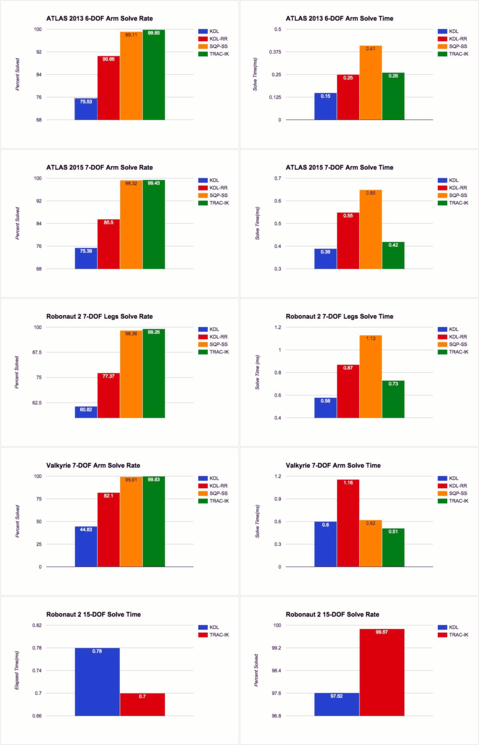We are searching for two outstanding, highly motivated and ambitious PhD candidates (earned masters' degree in computer science, mechatronics, mathematics or related field) to join our team in the areas of
- Motion planning for mobile manipulators, for details and online application form see https://recruiting.fraunhofer.
- Multi-modal modelling and motion prediction in dynamic environments, for details and online application form see https://recruiting.fraunhofer.
The solutions will be implemented and tested on the Care-O-bot 4 platform within end-user targeting applications. The robotic home assistant Care-O-bot (www.care-o-bot.de) serves as technology and application platform for service robotics research and is one of the most advanced platforms of its kind. You will be hosted at the department "Robot and Assistive Systems" of Fraunhofer IPA in Stuttgart, Germany (http://www.ipa.fraunhofer.de/
The SECURE (Safety Enables Cooperation in Uncertain Robotic Environments) project is a Marie Sk?odowska-Curie European Training Network (ETN) with the primary aim to train a new generation of researchers on safe cognitive robot concepts for human work and living spaces on the most advanced service robot platforms available in Europe. The Early-Stage Research (ESR) fellows will be trained towards earning a PhD through an innovative concept of project-based learning and constructivist learning in supervised peer networks where the ambitious fellows will gain experience from an inter-sectoral programme involving universities, research institutes, large and SME companies from public and private sectors.
Early-stage researchers shall, at the time of recruitment by the host organisation, be in the first four years of their research careers and not yet have been awarded a doctoral degree. At the time of recruitment by the host organisation, researchers must not have resided or carried out their main activity (work, studies, etc.) in the country of their host organisation (Germany) for more than 12 months in the 3 years immediately prior to the reference date.
The contract will be awarded for three years with a predicted starting date January 15, 2016 or as soon as the position can be filled.
Looking forward to receiving your application, best wishes, Birgit Graf








